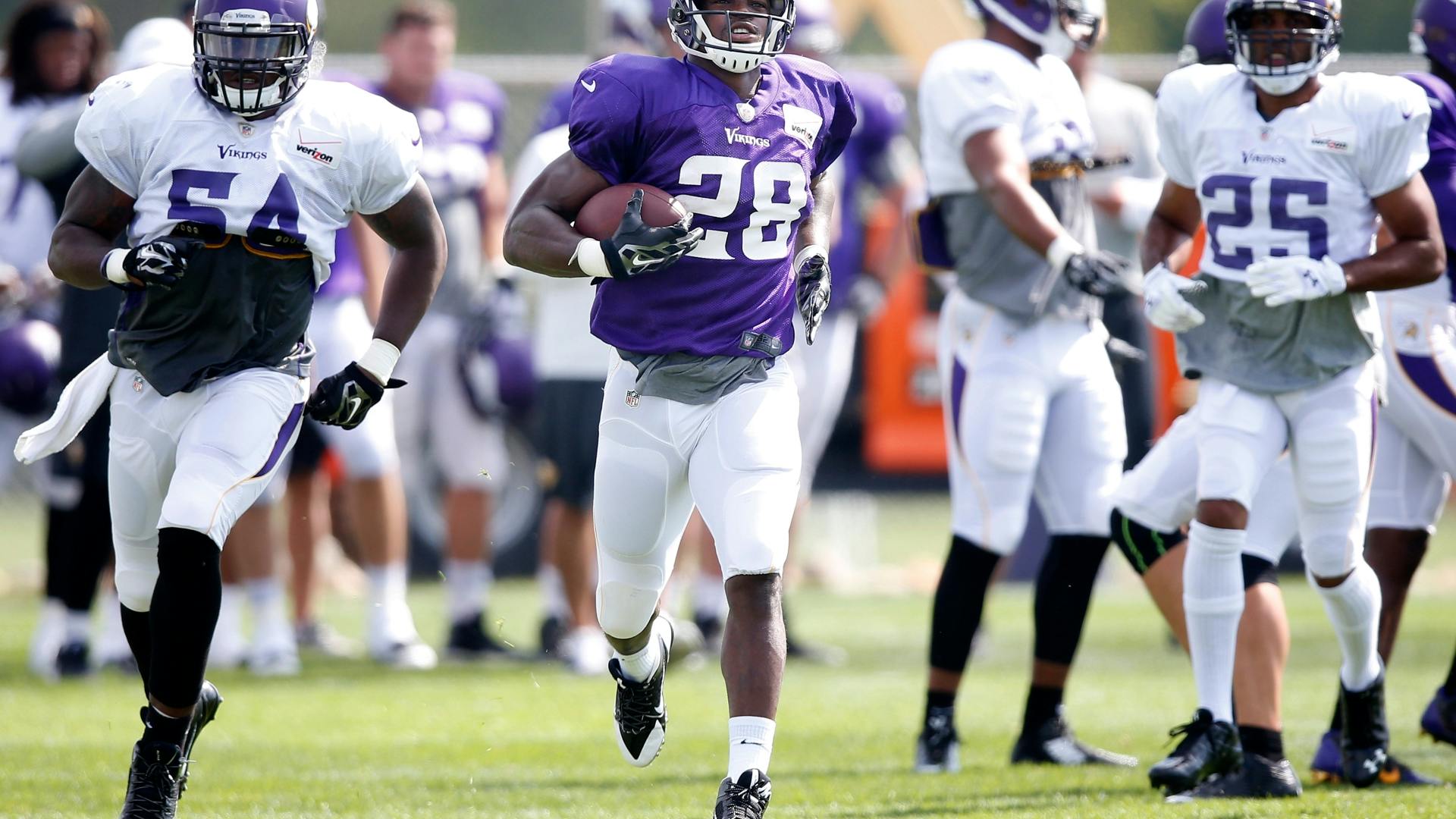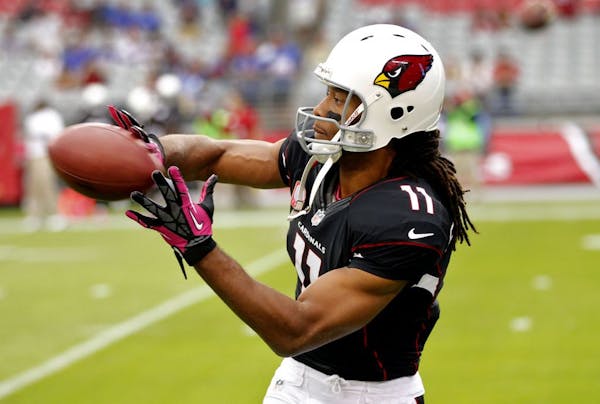The NFL spent its first 49 seasons without a special teams coach. Heck, the Vikings need three just to get through Week 2.
Yeah, times have progressively changed since 1968, the last year the NFL didn't have at least one person assigned to coach special teams exclusively.
"I can show you a photo of the coaching staff that won the first two Super Bowls [in 1967 and '68]," said Jerry Burns, the former Packers assistant who later joined the Vikings as Bud Grant's assistant and eventual successor. "There were only eight of us, and that included [Vince] Lombardi.
"We'd practice special teams for maybe 10 minutes after practice. I think I handled punt returns because I coached the defensive backs and those were the guys who were returning punts."
The Vikings have 22 coaches this year. Mike Priefer is special teams coordinator. Ryan Ficken is the assistant. And longtime NFL special teams coordinator Joe Marciano will be interim coordinator when Priefer serves his suspension for making an anti-gay remark to former punter Chris Kluwe in a team setting in 2012.
Priefer's career was inspired by his father, Chuck, a former NFL special teams coordinator for three teams over 17 seasons. Marciano credits former boss and Temple coach Wayne Hardin for steering him toward special teams in 1982.
"[Hardin] went to some NFL camps and told me that special teams coaches are there just to get their foot in the door, that they really want to be [a position coach]," Marciano said. "He told me, 'You master special teams, you can be in this thing for a long time.' "
He was right. Marciano spent the next 31 years coaching special teams in the USFL and NFL.
Every special teams coach can thank Pro Football Hall of Fame coach George Allen. In 1969, it was Allen, as coach of the Los Angeles Rams, who hired Dick Vermeil as the league's first special teams coach. NFL teams wouldn't call them coordinators until much later.
"After George did that, Jerry Williams, the Eagles coach, said, 'What an interesting idea,' and ended up hiring me in Philadelphia and gave me a lot more than I was making at William & Mary," Hall of Fame coach Marv Levy said. "I didn't like the term 'special' so I think I called it 'kicking teams coach.'
"All I know is I idolized [former Alabama coach] Bear Bryant. I went to some of his clinics and got to know him. I got my appreciation for special teams from Bear."
Opening eyes
When Vermeil left for UCLA in 1970, Allen hired Levy away from the Eagles. Allen then took Levy with him to Washington the next season.
"I was the only special teams coach in the league from 1970 until 1972," Levy said. "That changed pretty quick though. In 1972, we blocked 18 kicks. Our opponents had 48 total yards on punt returns and their average starting spot after kickoffs was inside the 20.
"Then, in the Super Bowl, we blocked a field goal, returned it for a touchdown and almost beat the undefeated Miami Dolphins. After that, I think everybody said, 'Oh, boy. We better pay attention to what George Allen is doing.' "
Allen was the first head coach to factor in special teams abilities when it came time to set the final roster.
"We'd have seven receivers and keep four," Levy said. "George would ask the receivers coach for the top three. Then he'd say, 'OK, Marv, of these other four, who is the best special teamer?' It didn't matter to George if the guy was the seventh-best receiver. He'd keep the guy I wanted."
A new focus
Decisions based on special teams ability are commonplace in today's NFL because of larger rosters and fewer starters playing special teams.
"It has become such an important part of the game and how you shape your roster that everybody now has assistant special teams coaches," said Vikings offensive coordinator Norv Turner, who is in his 30th NFL season. "The last 15, 20 guys on your roster are special teams guys. It's a critical deal."
During a typical day of training camp, the Vikings dedicate two half-hour meetings, a 20-minute walkthrough, a 10-minute jog-through in pads, a seven-minute period on returns and another nine-minute period just to special teams.
"The first book on special teams I read was 'George Allen's Guide to Special Teams,' " Mike Priefer said. "I loved it. He was way ahead of his time.
"Not a lot of people like special teams because it's a lot of work without a lot of credit or glory. Not that I do it for that. But I've never wavered. For me, it's either this or head coach. I just love my job."

Live from Target Center: Timberwolves vs. Suns game updates
![Vikings running back Dalvin Cook (33) watched during training camp Wednesday. ] ANTHONY SOUFFLE • anthony.souffle@startribune.com](https://arc.stimg.co/startribunemedia/ZHKH7NZVBNL2RFYGUCXADSN6IA.jpg?h=91&w=145&fit=crop&bg=999&crop=faces)

